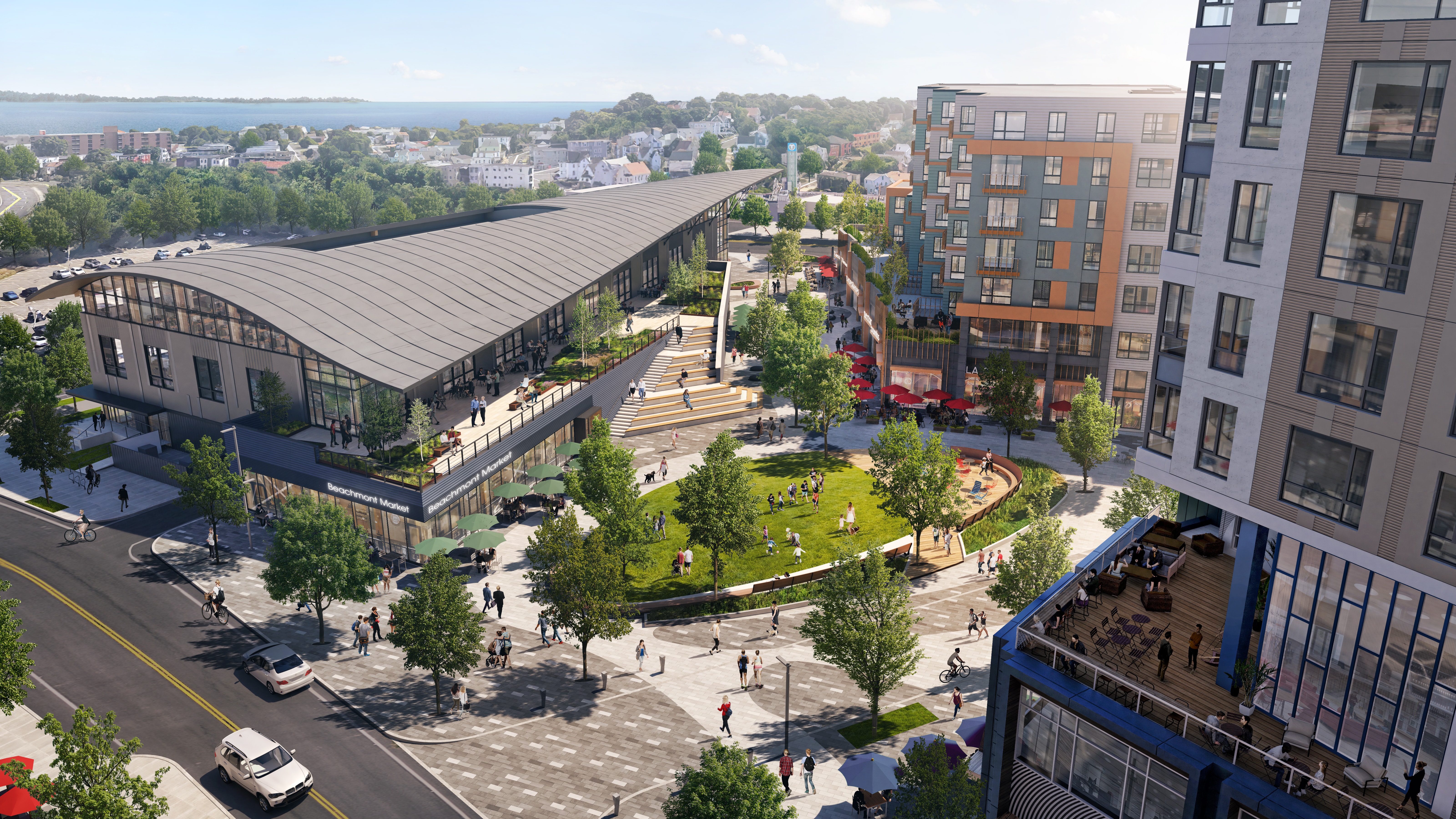It may still be pretty chilly on the Cape, with April a time of blustery winds and overcast skies.
But when it comes to the real estate market on the picturesque peninsula, the housing market is as scorching hot as the sand on Nauset Beach on a July afternoon.
Home sales jumped 56 percent in Barnstable County in February alone compared to the same month a year ago, just before COVID-19 arrived in force on U.S. shores
And the year-to-date median single-family sale price shot up more than 21 percent in February, to $498,250, according to The Warren Group, publisher of Banker & Tradesman.
End of story? Well, not exactly.
For if you think real estate brokers on the Cape are high-fiving each other right now, you’d be wrong.
Cape real estate may be red hot right now, but the dynamics of the market are seriously skewed. It’s turning the process of buying a home into Darwinian death match that in the end does few favors for even the sellers who would, on the surface, appear to be making out like bandits.
At issue is a combination of unique way the pandemic has reshaped not just the real estate market, but the world of work, with long-standing issues, such as a dearth of new construction and a chronic shortage of listings.
“Cape Cod is already desirable and they are not making any more of it,” said Annie Blatz, broker of record and branch executive at Kinlin Grover Real Estate on Cape Cod and president of the Cape Cod & Islands Association of Realtors.
Slim Pickings
The latest for-sale inventory numbers provide the crucial context here.
Wary of exposing themselves to the virus, and fearful they wouldn’t be able to find a new home to move to in a hypercompetitive market, sellers pulled back.
Listings were already on the downswing before the pandemic, dropping more than 13 percent last February compared to the year before.
However, once the pandemic hit, listings fell off the cliff. There were just 343 homes for sale on the Cape in February, down from 1,500 last year and 1,700 in February 2019, according to the CCIAOR.
The number of condominiums available for sale also plunged, with just 146 on the market in February, a decline of more than 66 percent.
Added to this has been a long decline in new home construction on the Cape, with available lots few and far between and local regulations tough for builders to surmount.
Yet in an epic mismatch, as sellers pull back, buyers have rushed forward.
Many are from the Boston area, and are looking for a getaway close to home.
The pandemic summer helped fuel the added interest from these comparative locals, with families who might have otherwise hit the road and visited more far-flung vacation spots heading to the Cape.
And has long happened with rentals on the Cape, some families liked their experience so much they decided to go on the hunt for a holiday home to buy.
Now add to this the pandemic refugees – the well-off professionals untethered from the office who discovered they can now work from anywhere.
So, if you can work from home and the Cape’s your thing, why not move there permanently?
Out–of–Control Prices
The result has been crazed bidding wars for the few homes on the market.
This can range from a few offers to several dozen on the same home. Buyers are battling it out with all-cash offers, waiving inspections and other contingencies, CCIAOR’s Blatz said.
And when surging demand runs headlong into shrinking supply, we all know what happens next: Prices go up.
Two hot spots for single-family sales have been Chatham, which saw 265 homes sold in 2020, up from 175 in 2019, and Orleans, where nearly doubled, from 99 in 2019 to 188 in 2020, Warren Group statistics show.
By the end of 2020, the median price in Orleans had zoomed to $785,000, up from $635,000 a year before, while Chatham’s median sale price jumped to $771,000, up from $727,000, according to The Warren Group.
Next door to Orleans, Brewster’s median house price jumped to $519,500 in 2020 from $465,000 in 2019; there were 226 sales in town, the highest in years, beating both 2019 and 2005, which both rang in at 169.
“We are seeing multiple offers on nearly every listing,” Blatz said, and “that is making the prices go up, in some cases very much above asking.”
Few Happy Campers
Yet as strange as it may sound, runaway prices rarely equal happiness in the real estate market, and the Cape is no exception.
Sure, the buyers who managed to land a home are happy to have managed to secure a piece of the Cape dream, but at what price?
For every buyer who succeeds, there are several others banging their heads against the wall, making offer after offer only to be rejected again and again.
“Sometimes they can make as many as six to 10 offers and still not win the property,” Blatz said. “They get weary of the market.”
Still, sellers, in theory, should be doing well from this situation. But unless they are looking to leave the Cape for good, they could easily find themselves with a pocketful of cash and nowhere to go.
Real estate brokers, who rely on commissions to pay their bills, aren’t particularly thrilled either, with too many agents pursuing too few listings.
What will it take to turn things around?
It’s hard to say.
The real estate market is seriously out of whack right now on the Cape.
The question now is whether the demand unleashed by the pandemic is a one-time phenomenon or the new normal.
If so, then 2020 could be just a preview of coming attractions that all but a few fortunate sellers are likely to want to see.
Scott Van Voorhis is Banker & Tradesman’s columnist; opinions expressed are his own. He may be reached at sbvanvoorhis@hotmail.com.




 |
| 

